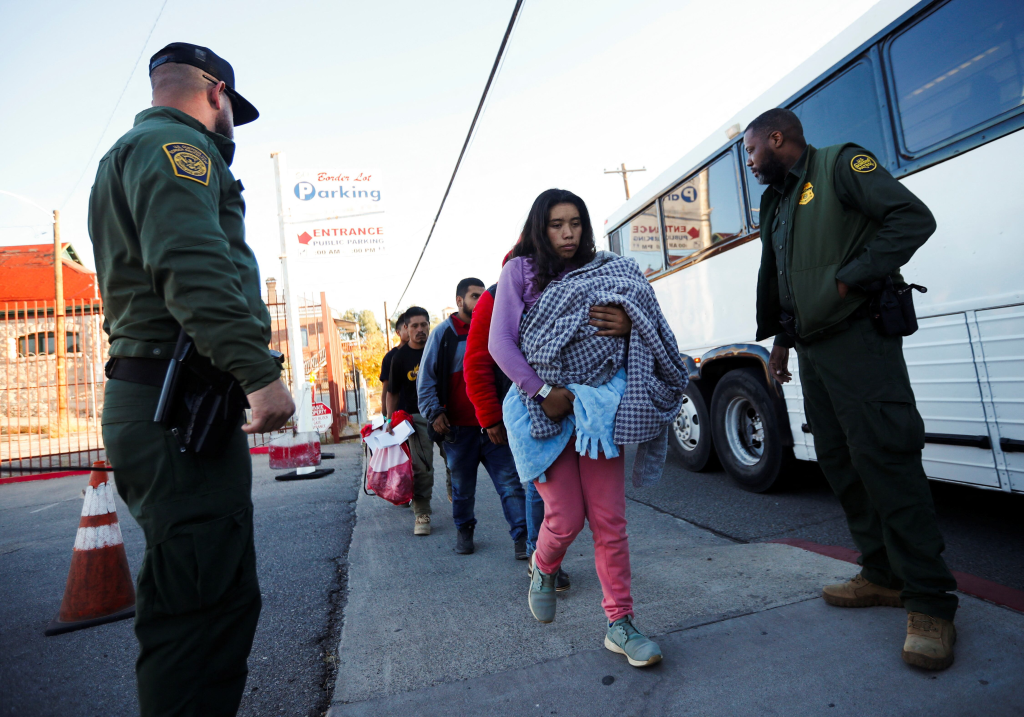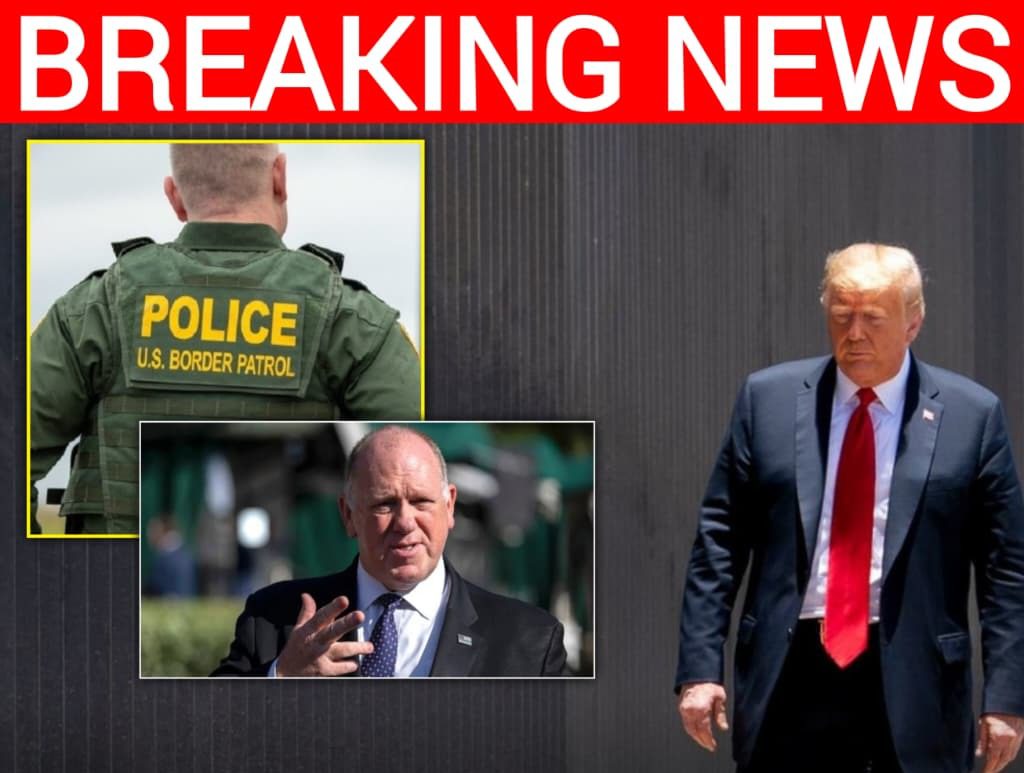U.S. Border Patrol Issues Urgent Alert After Intelligence Reveals Cartels Offering $10,000 Bounties to Shoot American Agents—Assailants May Disguise as Mexican Soldiers
A chilling new intelligence alert from the U.S. Border Patrol’s Rio Grande Valley Sector has confirmed that Mexican cartels are allegedly offering $10,000 bounties for anyone willing to shoot U.S. Border Patrol agents. Even more alarming, reports indicate that these potential attackers may disguise themselves in Mexican military uniforms to avoid detection while carrying long-range weapons or machine guns.

The October 31, 2025, alert, first obtained by national security reporters, warns of a coordinated effort by cartel networks to target Border Patrol personnel stationed along the southern border. It describes a “credible threat” in which cartel operatives are believed to have discussed payment offers for attacks on agents operating in high-traffic smuggling zones near the Rio Grande.
Officials say the threat is not isolated. Similar intelligence surfaced earlier in October when the Department of Homeland Security confirmed that cartel leaders had circulated bounty offers as high as $50,000 for hits on Immigration and Customs Enforcement (ICE) and Customs and Border Protection (CBP) agents. At least one suspect, 29-year-old Eduardo Aguilar, was arrested in Dallas after allegedly using social media to recruit shooters and coordinate plans tied to drug trafficking routes.
Federal sources now believe that this latest wave of threats represents a disturbing escalation — one that blurs the line between organized crime and open warfare. The intelligence memo reportedly describes cartels arming local criminal groups with tactical weapons and body armor, warning that “assailants may attempt to pass themselves off as members of the Mexican military while conducting assaults against U.S. agents.”
The revelation has reignited calls for stronger border defense and immediate action from Washington. Conservatives and law enforcement advocates argue that this is no longer a policing issue — it’s a matter of national security. “These cartels are enemy combatants,” one retired Homeland Security official said. “They’re targeting American officers on American soil. This is terrorism, plain and simple.”

The situation comes amid rising tension over the government shutdown, which has stretched border operations thin. Several Republican lawmakers have already urged President Trump’s administration to deploy active-duty military forces to the border, citing the cartel bounties as proof of an urgent threat to American lives. “When criminal organizations put a price on the heads of our agents,” one senator said, “that’s not law enforcement work — that’s a declaration of war.”
Sources inside the Rio Grande Valley Sector confirm that security measures are being elevated across multiple checkpoints, and agents have been ordered to travel in pairs and reinforce their stations. Despite these warnings, agents continue to patrol some of the most dangerous corridors in the hemisphere, facing increasingly well-armed and organized adversaries who operate with military precision.
Across social media, Americans are expressing outrage and solidarity with Border Patrol agents who now face unprecedented danger. Videos and posts calling for stronger enforcement, tougher penalties, and expanded authority for federal agents are trending under hashtags like #SecureTheBorder and #StandWithBorderPatrol.

The Biden administration, which has faced sharp criticism over its handling of border policy, is being urged to authorize immediate security reinforcements and declare cartels as foreign terrorist organizations — a proposal first introduced during the Trump presidency but stalled under current leadership.
For the men and women patrolling America’s southern border, the threat feels more personal than political. As one agent told a local reporter, “We know what we signed up for. But we also know we’re being hunted — and it’s time the country understands that too.”
As the alert continues to circulate through federal law enforcement channels, the message from those on the ground remains resolute: this is no longer about illegal crossings or drug seizures. It’s about survival — and a fight that many believe should now be led with the full force of the U.S. military.



